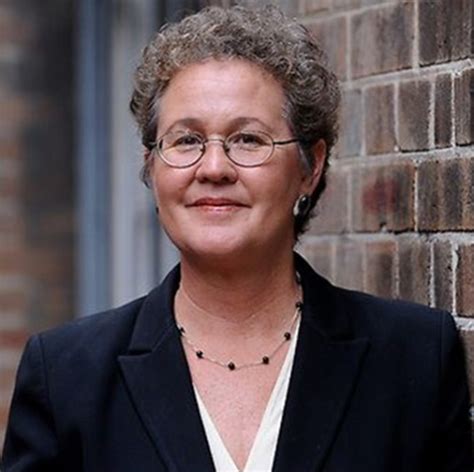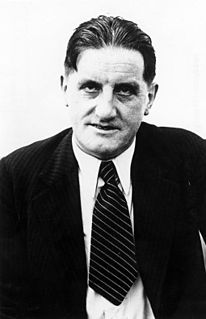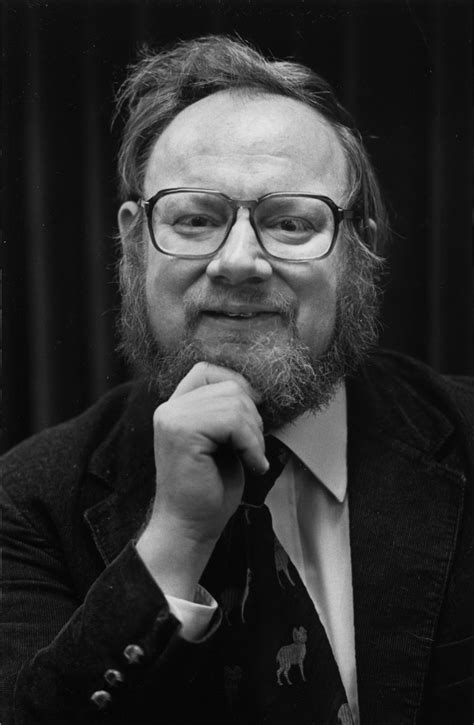A Quote by Linda Darling-Hammond
A democratic education means that we educate people in a way that ensures they can think independently, that they can use information, knowledge, and technology, among other things, to draw their own conclusions.
Related Quotes
If we wish to draw philosophical conclusions about our own existence, our significance, and the significance of the universe itself, our conclusions should be based on empirical knowledge. A truly open mind means forcing our imaginations to conform to the evidence of reality, and not vice versa, whether or not we like the implications.
I feel that all knowledge should be in the free-trade zone. Your knowledge, my knowledge, everybody's knowledge should be made use of. I think people who refuse to use other people's knowledge are making a big mistake. Those who refuse to share their knowledge with other people are making a great mistake, because we need it all. I don't have any problem about ideas I got from other people. If I find them useful, I'll just ease them right in and make them my own.
Too many scholars think of research as purely a cerebral pursuit. If we do nothing with the knowledge we gain, then we have wasted our study. Books can store information better than we can--what we we do that books cannot is interpret. So if one is not going to draw conclusions, then one might as well just leave the information in the texts.
But while property is considered as the basis of the freedom of the American yeomanry, there are other auxiliary supports; among which is the information of the people. In no country, is education so general - in no country, have the body of the people such a knowledge of the rights of men and the principles of government. This knowledge, joined with a keen sense of liberty and a watchful jealousy, will guard our constitutions and awaken the people to an instantaneous resistance of encroachments.
What it means to be human is to bring up your children in safety, educate them, keep them healthy, teach them how to care for themselves and others, allow them to develop in their own way among adults who are sane and responsibile, who know the value of the world and not its economic potential. It means art, it means time, it means all the invisibles never counted by the GDP and the census figures. It means knowing that life has an inside as well as an outside. And I think it means love.


































